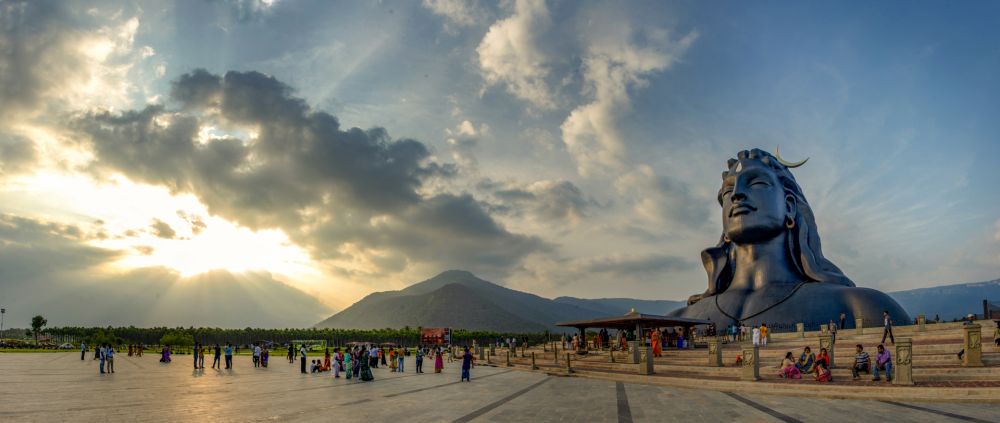

The city of Coimbatore, located in the Southern Indian state of Tamil Nadu, is often revered for its industrial prowess. However, beyond its economic significance, Coimbatore holds a unique position in the tourism map of Tamil Nadu due to its cultural heritage, historical landmarks, and natural beauty that includes verdant hills, waterfalls, and a pleasant climate that appeals to many travelers.
While Coimbatore's history as a tourist destination isn't as old as some ancient cities of India, it has gradually unfolded as a place of interest over the years. Initially known for its textile industry, often termed the "Manchester of South India," the history of tourism in Coimbatore can be traced back to the early 20th century when people started visiting the city for trade and commerce.
Adjoining areas like the Nilgiri hills – home to popular hill stations like Ooty and Coonoor – became retreats during the British Raj, which indirectly brought attention to Coimbatore as a gateway to these serene locations.
With time, the city’s temples like the Marudamalai Temple and the Eachanari Vinayagar Temple, along with its cultural ethos, became focal points for pilgrims and those interested in the Dravidian heritage. The city's richness in dance forms like Bharatanatyam and Carnatic music also drew cultural enthusiasts.
The post-independence era saw a boost in local infrastructure, promoting easier access to Coimbatore’s bounty, thereby gradually escalating tourism. The establishment of the G.D. Naidu Museum, which pays homage to a prolific inventor and industrialist, and the Perur Pateeswarar Temple, enriched with intricate carvings and a celestial pond, fueled the growth of historical and heritage tourism.
Over the last few decades, exploration of the city’s natural surroundings has become increasingly popular. The scenic water bodies like the Siruvani Waterfall and the Kovai Kutralam Falls, and the elephant population at the Indira Gandhi Wildlife Sanctuary and National Park have contributed to the rise in eco-tourism and wildlife adventure.
Adventure tourism also found its pace with activities such as trekking and camping, especially in the Western Ghats mountain range that skirts the city. This was further supported by the development of several theme parks around the city.
In recent times, the tourism sector in Coimbatore has expanded its horizon, recognizing the potential for medical tourism, given the city’s advancement in healthcare facilities. Educational tourism has also seen an uptick with several renowned institutions becoming hubs for international students and academicians.
The use of digital technology in promoting tourism has grown tremendously. The presence of Coimbatore on social media platforms, apps, and travel blogs has made information about the city more accessible, sparking a further increase in tourist interest.
Moreover, the city’s administration has been actively working towards sustainable tourism practices – balancing the growth of tourism with the conservation of its natural resources, making the city an eco-friendly destination.
In conclusion, Coimbatore’s journey as a tourist hub has been an amalgamation of its historical roots, natural landscapes, and modern development, realizing a comprehensive tourism experience that continues to evolve with time. Its ever-growing reputation as a multi-faceted destination is a testament to the city's diverse appeal and the potential it holds for future tourism ventures.